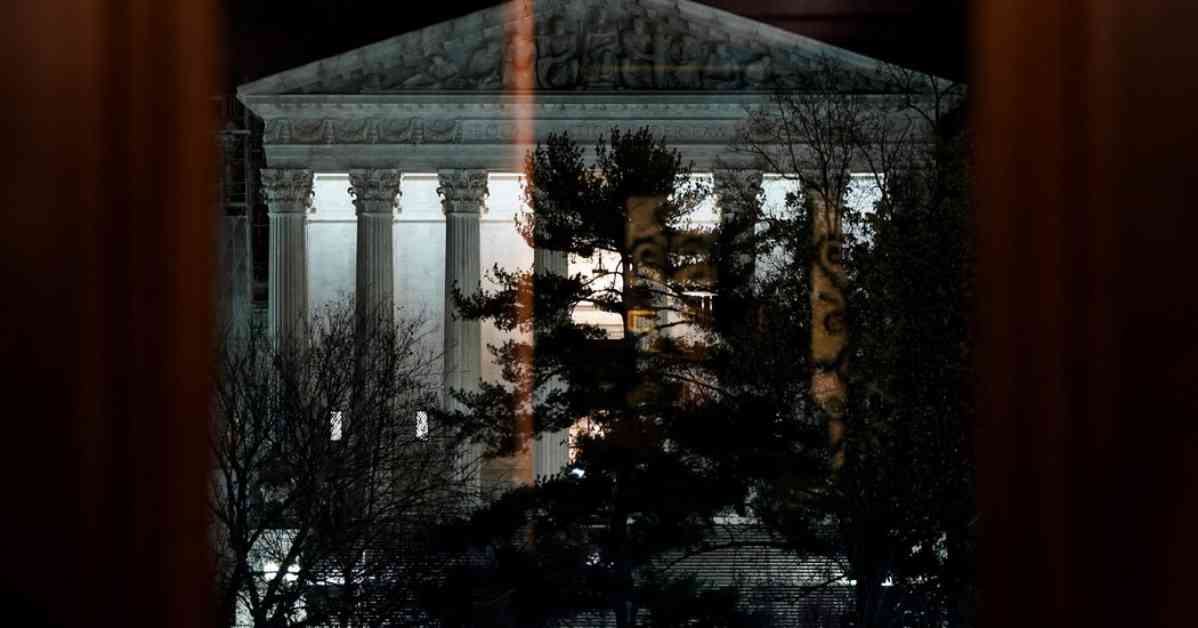The Supreme Court’s delay in making a decision on Donald Trump’s immunity case has raised concerns and sparked suspicions of political influence in the judicial process. The urgency of the case, which involves charges related to the 2020 election, has led many to question why a ruling has not yet been issued.
The court agreed to hear Mr. Trump’s claim of immunity on February 28th and scheduled oral arguments for the end of April. While this timeline is faster than usual, it is still longer than the schedule set for previous cases involving Mr. Trump. The delay in issuing a decision has implications for any potential trial related to the charges against the former president.
In addition to the immunity case, there are nearly two dozen other cases that remain undecided, some of which were argued even before the April hearing on Mr. Trump’s immunity. These cases cover a range of important issues, including gun rights for domestic abusers and environmental regulations.
While the court is known to be busy, the slow rate at which decisions are being made is unusual. The court typically aims to finish its business for the term by the end of June, but cases argued later in the term are taking longer to decide. This delay is particularly concerning in the case of Mr. Trump’s immunity, as his arguments have been described as outlandish and should not require a significant amount of time to address.
Overall, the delay in the Supreme Court’s decision on Trump’s immunity case has raised questions about the possible influence of politics on the judicial process. The implications of this delay extend beyond this specific case and highlight broader concerns about the functioning of the court.


















